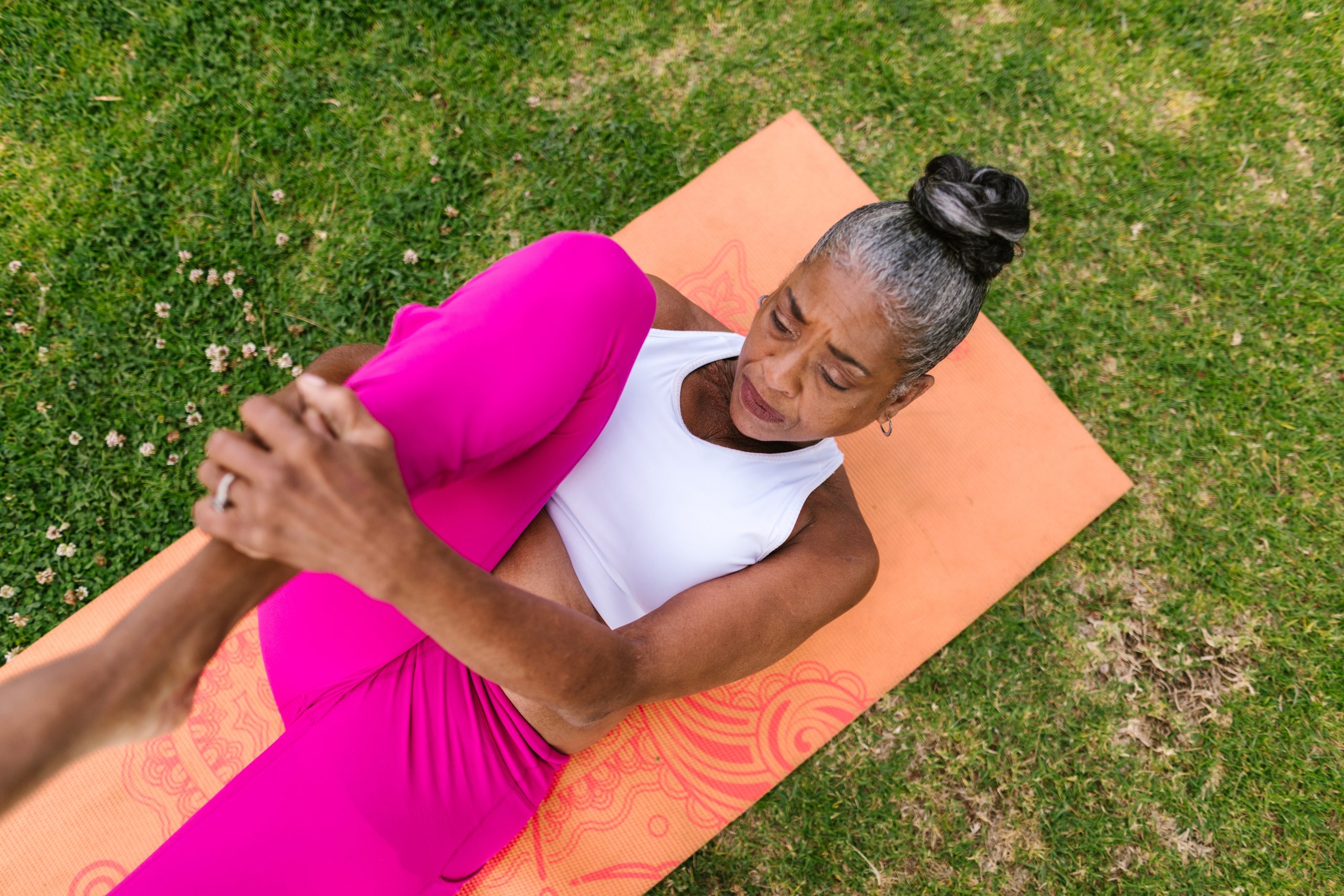The Surprising Risks of Falls and How to Avoid Them

The image is not directly related to the article. It merely symbolizes the life of elderly people.
Falls are a common occurrence that can happen to anyone at any age, but they can be particularly dangerous for older adults. According to the Centers for Disease Control and Prevention (CDC), falls are the leading cause of injury-related deaths among adults aged 65 and older. In fact, every 20 minutes an older adult dies from a fall, making it a serious public health concern.
While it may seem like a minor accident, falls can have serious consequences. They can result in fractures, head injuries, and other serious injuries that can lead to disability or even death. In addition to physical injuries, falls can also have a significant impact on a person’s mental and emotional well-being, leading to anxiety, fear of falling again, and a loss of independence.
There are many factors that can increase the risk of falls, including age, poor balance, muscle weakness, vision problems, medication side effects, and environmental hazards. However, there are steps that individuals can take to reduce their risk of falling and stay safe.
One of the most important ways to prevent falls is to stay physically active. Regular exercise can help improve balance, strength, and flexibility, all of which are important for preventing falls. Activities such as walking, swimming, and tai chi are especially beneficial for improving balance and reducing the risk of falls.
It is also important to make sure that your home is safe and free of hazards that could cause a fall. This includes removing clutter, securing loose rugs, installing handrails and grab bars in bathrooms and stairways, and ensuring that lighting is adequate in all areas of the home.
Another important step in preventing falls is to review your medications with your healthcare provider. Some medications can cause dizziness or drowsiness, which can increase the risk of falls. Your healthcare provider can help you identify any medications that may be contributing to your risk of falling and make adjustments as needed.
In addition to these steps, it is also important to have regular vision and hearing checks to ensure that your senses are functioning properly. Poor vision and hearing can increase the risk of falls, so addressing any issues in these areas can help reduce your risk.
Ultimately, falls are a serious concern that can have serious consequences, especially for older adults. By taking proactive steps to reduce your risk of falling, you can stay safe and maintain your independence as you age. Remember, falls are not a normal part of aging – they can be prevented with the right precautions and lifestyle choices.
The image is not directly related to the article. It merely symbolizes the life of elderly people. Falls are a common occurrence that can happen to anyone at any age, but they can be particularly dangerous for older adults. According to the Centers for Disease Control and Prevention (CDC), falls are the leading cause of…
Recent Posts
- Empowering Caregivers: The Best Online and Offline Resources to Enhance Your Skills
- Traveling with a Purpose: The Rise of Volunteer Vacations
- Breaking Stigma: Dispelling Myths about Mobility Aids and Disability
- Avoiding Probate: How Trusts Can Simplify the Estate Settlement Process
- Senior Citizens Beware: Common Financial Scams and How to Stay Protected

